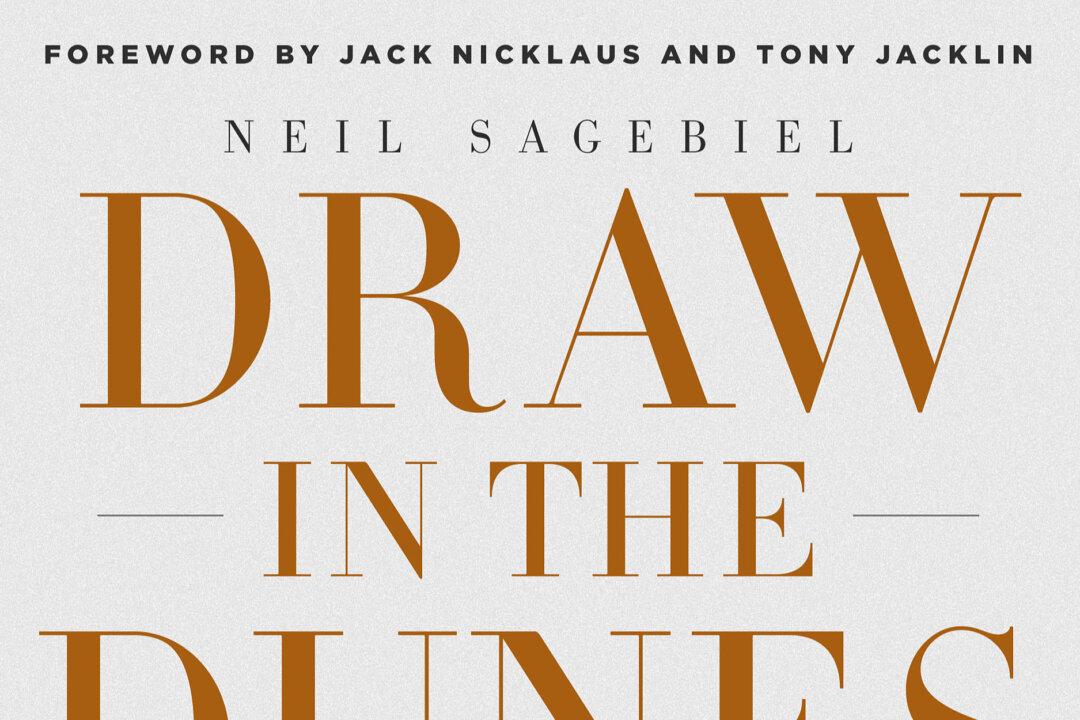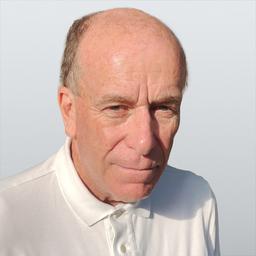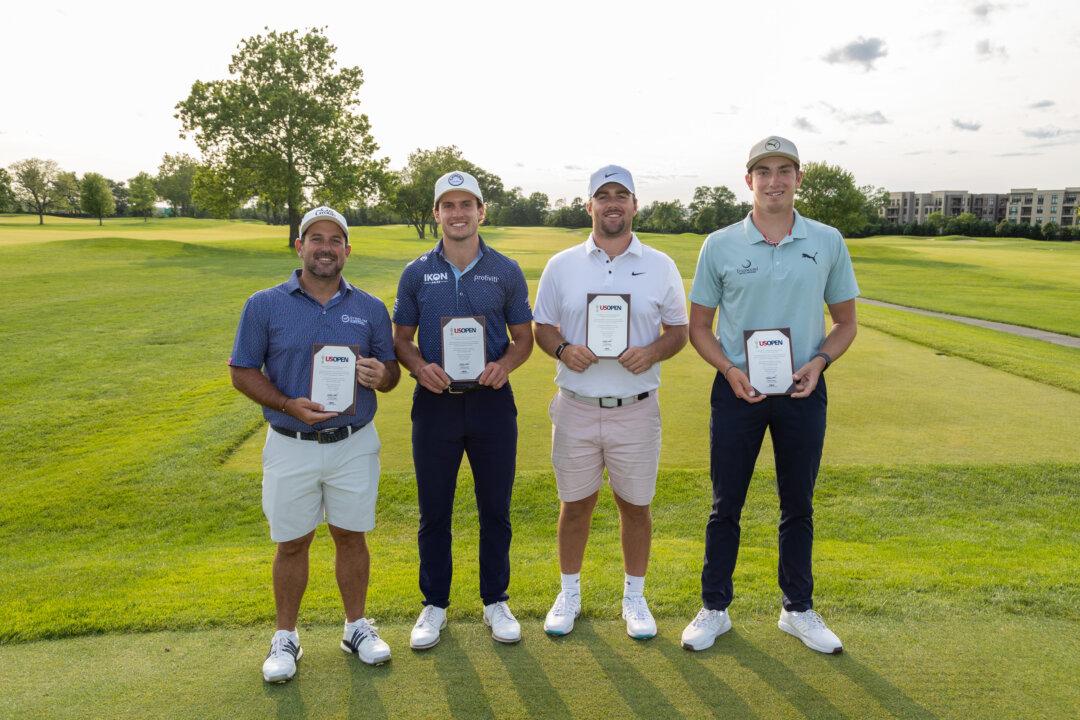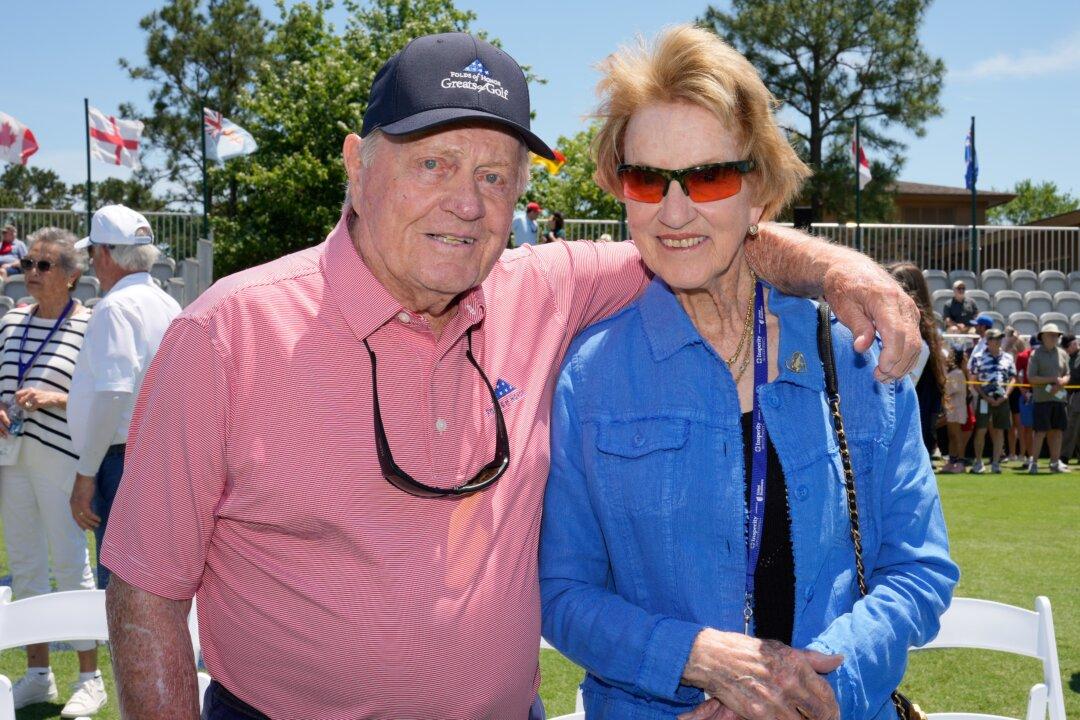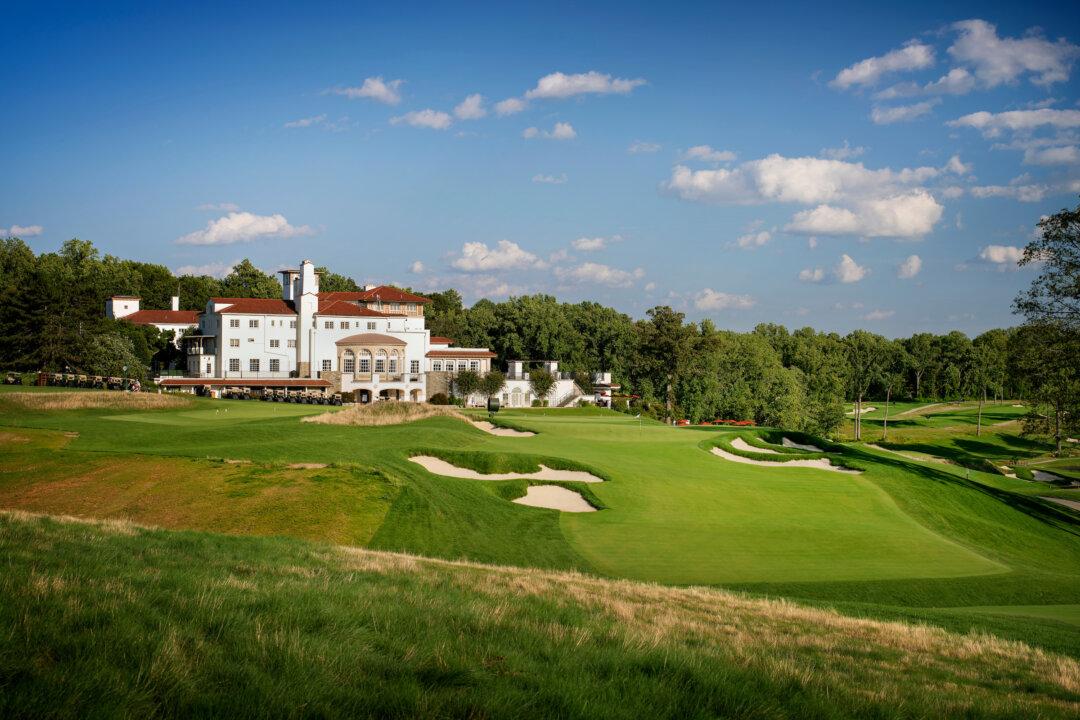Hard to imagine but it’s been 45 years since Jack Nicklaus conceded a slightly longer than two foot putt by Tony Jacklin on the final hole of the final singles match during the 1969 Ryder Cup played at Royal Birkdale.
The concession by Nicklaus provided finalized a 16-16 tie and kept the Cup in American hands.
In his illuminating book “Draw in the Dunes” Sagebiel goes into a great detail of the mindset of the different participants. Interestingly, only roughly than a little more than three (3) minutes of the telecast exists so the event has taken on a great deal more fanfare with the passage of time.
NEIL SAGEBIEL ...
I was a baseball player who began playing golf when I was 12. My dad got me started and I was hooked. I played for my high school and college golf teams in the Antelope Valley in California.In those days Jack Nicklaus was the top player, and I became a fan, rooting for him in the majors. Through the years, I watched a lot of golf on television and usually attended a tournament or two every season.I never imagined I'd write golf books. Nor did I foresee meeting and interviewing Jack Nicklaus, Tony Jacklin and other golf legends. It has been a great experience.
WARD: What’s different about the Ryder Cup today than in 1969?
SAGEBIEL: It’s so much bigger. It has become golf’s premier event and attracts worldwide attention. Today, it’s Europe versus the United States. For the first 50 years (until 1979), the Ryder Cup was Great Britain against the United States. What hasn’t changed is the unique pressure the golfers feel playing for their teammates, captain and country or continent.
With the potential for the European side to have won eight of the last ten Matches with a win at Gleneagles -- I have to ask -- do the Americans care too much or too little?
If I had to pick one or the other, I'd say they care too much. I think Ryder Cup pressure, and the pressure to win the Cup during this period, has been hard on the Americans.
As a keen observer of golf and the Matches, is there anything you would change concerning the format or by how the Captains announce the respective matches?
No, I think they have the format right. Except for a couple of European routs in the mid ‘00s, the last dozen or so Ryder Cups have been close contests. That’s what you want.
It just seems certain individuals are made for Ryder Cup pressure (e.g. Seve Ballesteros, Colin Montgomerie, Lanny Wadkins, Larry Nelson) and others succumb to it. What’s your perspective on that?
Some players really thrive on match play, team events and playing for their country. Others struggle with it. As I found out, that was also true in 1969. The ones who love it seem to be able to hit the big shot and hole the critical putt.
In doing the research for the book did you develop a certain liking for an individual on the GB&I team as well as the American squad?
I didn’t have any favorites. But it was fun to get to know less-famous players, guys who aren’t in the Hall of Fame but were very good during that period or particular season. For example, Peter Townsend (Great Britain) and Tommy Aaron (United States).
The 1969 Matches were held at Royal Birkdale. It seems now all future host sites are really about how deep the financial pockets are for the host country / location. Can links golf ever be brought back to the Matches ?
Maybe not, which is a shame. Links golf was a part of the Ryder Cup for the first half century. The 2020 Ryder Cup will be played at Whistling Straits in Wisconsin, which is a links-style course.
What was the one under-recognized aspect you found in doing the research for the book ?
That by 1969 the Ryder Cup was on a sort of death watch. It wasn’t competitive and something needed to change to revive interest in the matches. Somehow the British team rose up at that moment and battled the Americans to the final hole in match after match.
How do you feel Samuel Ryder would react to what was started in 1927 and what the Matches have become today?
I think he would be surprised at how big it has become.
If you had to name a most valuable player for each side in the ‘69 Matches who would they be for each team and why ?
Tony Jacklin was the most valuable player for Great Britain. He played all six matches, winning four and halving two for a total of five points. Dave Hill was the best U.S. player. Great Britain’s Brian Huggett said, “Dave Hill played magnificent golf all week and saved the Americans.”
Given what you know about the ‘69 Matches, what advice would you give to the 2014 Captains in Tom Watson and Paul McGinley?
To listen to their players and, to the extent possible, figure out how to help and encourage each man to perform his best under Ryder Cup pressure.
M. James Ward, a member of Golf Writer’s Association of America (GWAA) and past member of Met Golf Writer’s Association (MGWA), has reported on golf’s grandest events since 1980 in a variety of forums.
